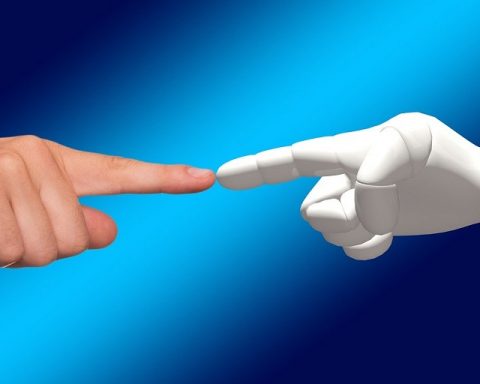READ UP : AI: The robot invasion has already begun. And it's massive.
Any status on the robots?
READ UP : China: 100 million workers to be replaced by robots
Do robots have to pay social security?
READ UP : Basic Income and Singularity Technologies: Same Battle?













